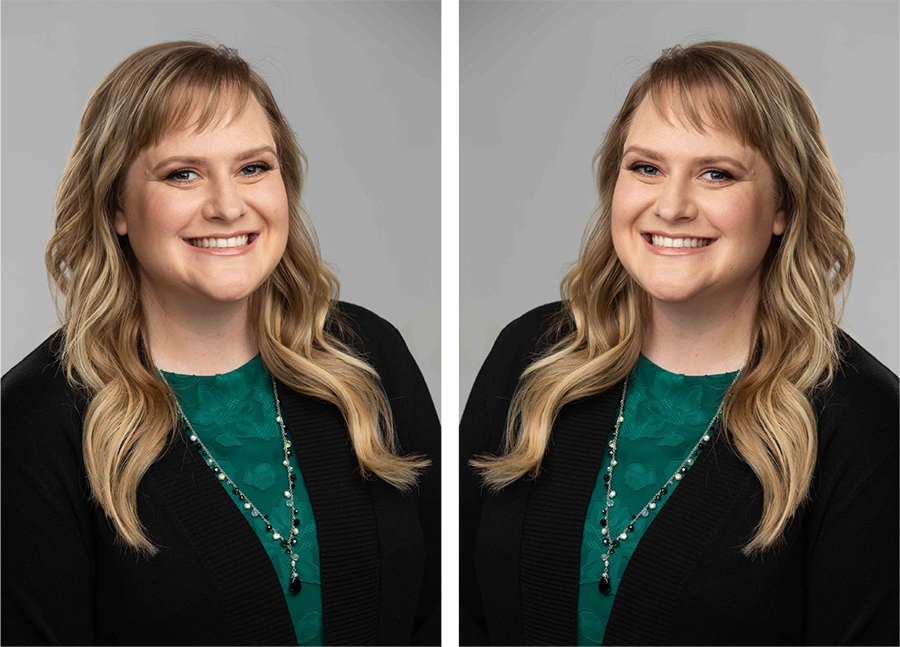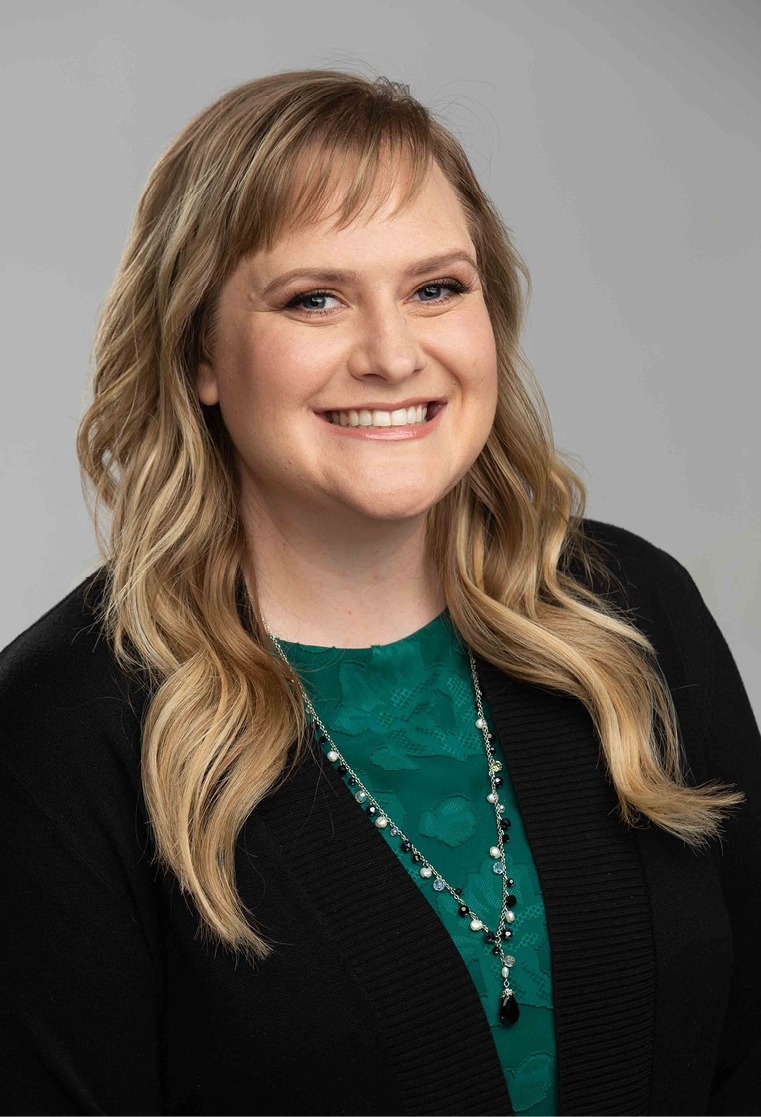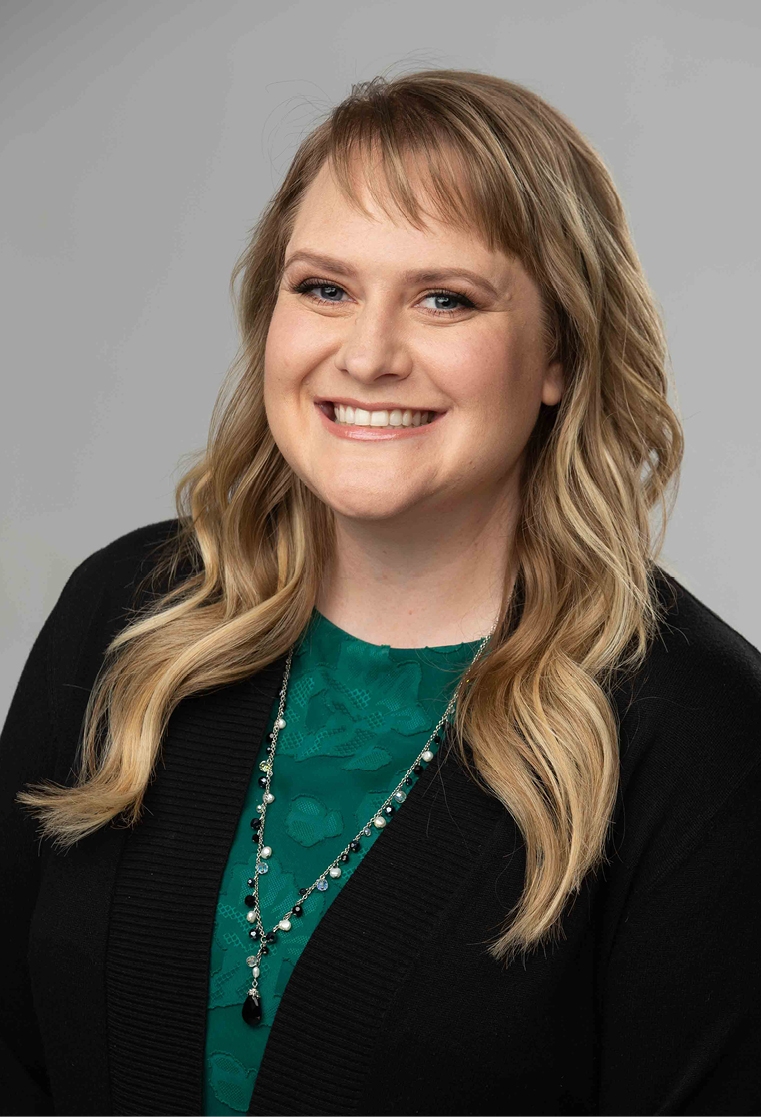The 4-1-1 on 9-8-8: Connecting with the Suicide and Crisis Lifeline
Brittany Sweeney-Lawson is the Director of Care Coordination for the Brain Injury Alliance of Arizona, and a Certified Brain Injury Specialist. In this article, she conducts a “self-interview” to provide easily accessible information about the upcoming implementation of the 9-8-8 Suicide and Crisis Lifeline number.
ME
SELF

ME SELF
Me: Hi there, Brittany
Self: Hello
Me: Thanks for taking the time out of your busy schedule to speak with me about this highly important topic.
Self: My pleasure
Me: So, let’s jump right in. What’s the deal with this new 9-8-8 Suicide and Crisis Lifeline number?
Self: Well, in a nutshell, it’s the new three-digit dialing code to help connect people more easily with the National Suicide and Crisis Lifeline.
Me: That sounds useful, but… what does that mean?
Self: It means that if someone is experiencing a mental health-related crisis, they can dial 9-8-8 on their phone and their call will be directed to the nearest Lifeline network crisis center, based on their area code.
They’ll then be connected with a trained crisis counselor who can provide support and resources.
Me: And this is available in all states?
Self: It sure is!
Me: I love the convenience of this! 9-8-8 is a lot easier to remember than a full-on phone number.
Self: True story
Me: So if I dial 9-8-8 right now, will it connect me directly to the Suicide and Crisis Lifeline?
Self: The three-digit code will be available starting July 16th, 2022. Until then (and even after), the 1-800-273-8255 number will connect you to the Suicide and Crisis Lifeline.
Me: Gotcha. But what if I have a friend in crisis…
Self: No problem! Anyone can call the Suicide and Crisis Lifeline to discuss information and resources for a friend or loved one they’re worried might be experiencing mental or emotional distress.
Me: That’s really good to know, but I was going to ask if I have a friend experiencing issues with substance abuse, can they dial the Lifeline, or is it primarily for people contemplating suicide?
Self: Oh… I guess I got ahead of myself. To answer your question, no—the Lifeline is also for folks experiencing a mental health and/or substance use crisis as well.
Me: That’s what I hoped you’d say. I’m also curious if there are multi-lingual options available?
Self: There are indeed. Well, for the calls, at least. There are live crisis center phone services in English and Spanish, and Language Line Solutions provides translation services in more than 250 other languages.
Me: That’s great, and actually segues well into my next question, which is if there is a chat or text option for the Suicide and Crisis Lifeline?
Self: Both! The chat is accessible via their website at https://suicidepreventionlifeline.org/chat, and to utilize the text feature, you would just send a text message to 9-8-8.
The web chat and text features also accommodate those who are deaf or hard of hearing. For those who are blind or low vision, they can use their preferred Telecommunications Relay Service, or dial 7-1-1, then 1-800-273-8255. A video phone service is currently in the works to better serve those in these disability communities as well.
Me: That really makes the Lifeline accessible to people of all abilities. You love to see it.
Self: You and me both.
Me: I hate to keep bombarding you with questions…
Self: That’s literally what I’m here for!
Me: Well, then just one more. Do you know if the crisis counselors will be trained in cultural competency?
Self: So glad you asked. The Lifeline website underwent several updates in 2021 and now includes specific tools for crisis counselors regarding best practices for deaf and hard of hearing callers/chat visitors, guidance on working with those in the LGBTQ+ community, and Spanish-language clinical guidance resources. There are also tip sheets for better assisting American Indians/Alaskan Natives who contact 9-8-8.
Me: Thanks so much for all this incredible information. As a reminder, you can call or text 9-8-8 starting July 16th, 2022.
Self: You’re welcome, and… I believe you said we’d be going out for tacos after this?
Me: ***Checks watch*** Yup, and it’s officially taco time! Let’s go!
If you or someone you know is experiencing a mental health crisis, don’t hesitate to reach out for help from organizations like the National Suicide and Crisis Lifeline.
For those with any type of acquired brain injury, the Brain Injury Alliance of Arizona connects survivors and families with the information, education, resources, and programs to help avoid crisis situations wherein possible.
For more information about the new 9-8-8 three-digit dialing code and text number, visit
https://www.samhsa.gov/find-help/988/faqs#about-988
ABOUT BRAIN INJURY ALLIANCE OF ARIZONA
The Brain Injury Alliance of Arizona (BIAAZ) is the only statewide nonprofit organization dedicated to improving the lives of adults and children with all types of brain injuries through prevention, advocacy, awareness and education. BIAAZ also houses the Arizona Brain Health Resource Center, a collection of educational information and neuro-specific resources for brain injury survivors, caregivers, family members and professionals.
What began in 1983 as a grassroots effort has grown into a strong statewide presence, providing valuable life-long resources and community support for individuals with all types of brain trauma at no charge.
The Brain Injury Alliance of Arizona:
- Works with Congressional Brain Injury Task Force
- Houses Arizona Brain Health Resource Center
- Hosts Statewide Opioid Use Disorder & Cognitive Impairment Workgroup
- Has Statewide Opioid Use Disorder & Cognitive Impairment Response team with peer support, training, and family wraparound services
- Facilitates Brain Health Advisory Council
- Manages statewide Neuro Info-Line: 888-500-9165







